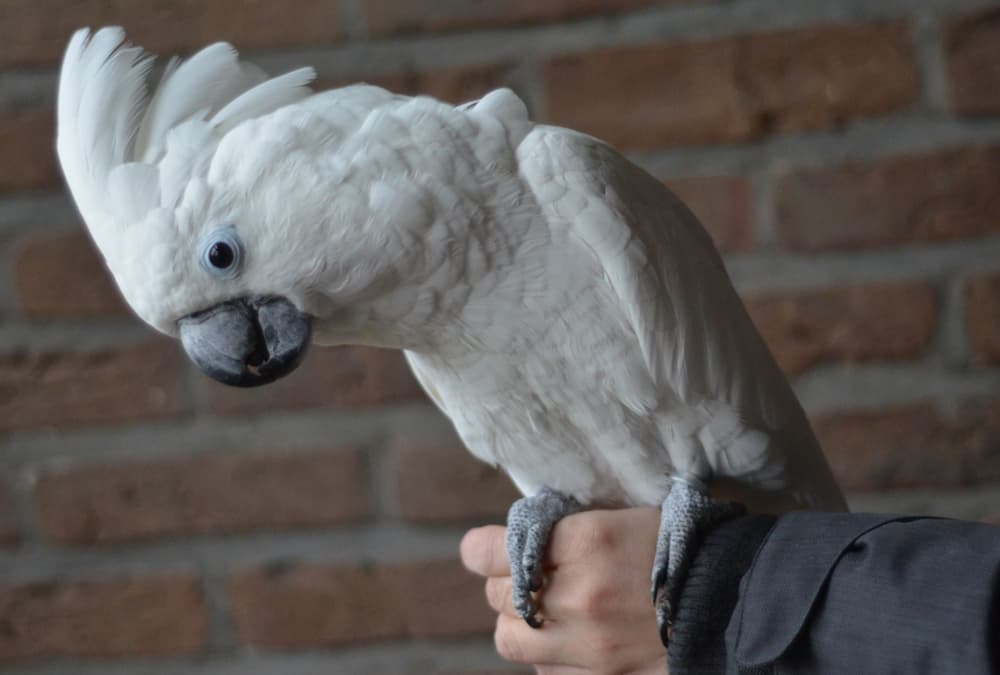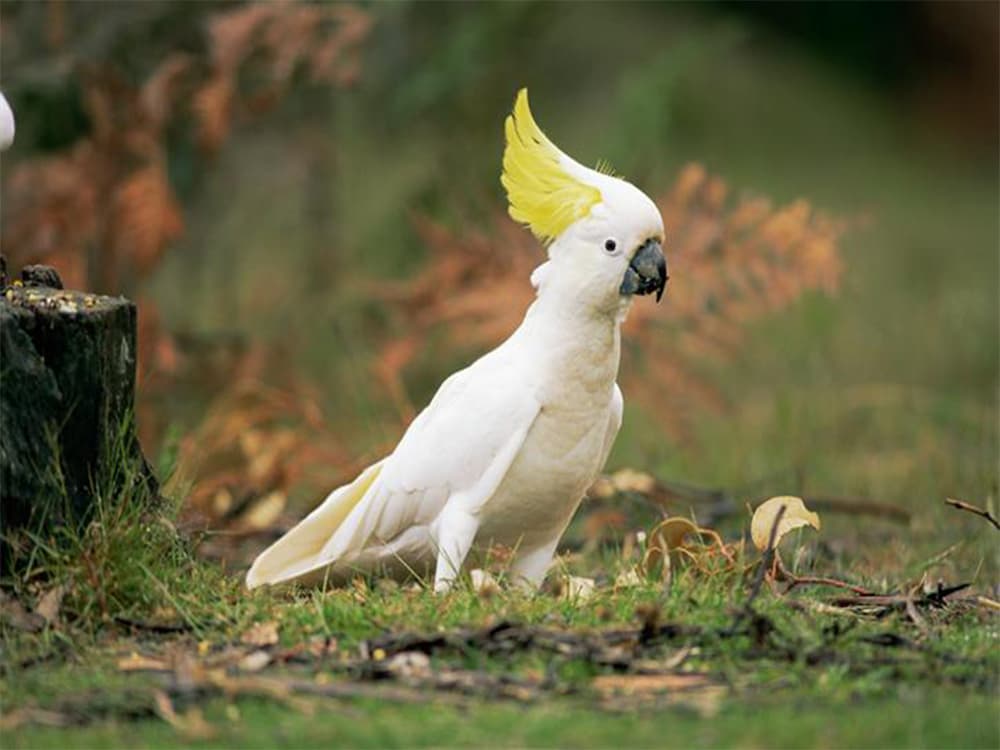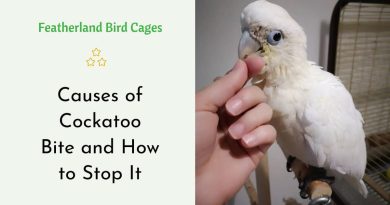
Cockatoos are good at mimicking sounds, but they can’t understand the context. This means that they will mimic their owners when they greet them.
If a cockatoo is normally a chatterbox and suddenly stops talking, it may be because they’re injured or aren’t around humans. It is also possible that they’re trying to avoid being around people.
They have syrinxes
The syrinx is an important part of the vocal production system in birds. It produces sound by causing vibrations of some or all of the tracheal walls and pessulus, which are similar to the vocal folds in mammals. This is a key component of singing, and it allows birds to mimic human voices.
The one-of-a-kind voice box in birds is a true evolutionary novelty. Previous suspected novelties, such as fingers and toes in land animals, have turned out to be modifications of existing features or structures. The syrinx, however, is completely new.
The syrinx is located at the base of a bird’s trachea. It is a self-oscillating system, and the muscles can modulate its shape. It also enables cockatoos to create multiple sounds at once. In addition to the syrinx, birds have larynges, which produce throaty hisses. These sounds are important to the survival of birds in the wild. They alert other birds to predators and potential prey.
They can learn words
Cockatoos can learn words and phrases with the help of their syrinxes, but they don’t actually understand what they are saying. They simply mimic the sounds of human voices. They can also learn sounds from other animals, like a dog’s bark or power tools. This is known as “babbling.” They can even imitate inflection and tone, but not the meaning of a word.
The cockatoo’s ability to learn language is dependent on several factors, including the cockatoo’s personality and its willingness to talk. It is best to start training the cockatoo at a young age and speak to it frequently. You should also be patient with the process; it can take a while before they begin talking.
In the meantime, you can encourage them by rewarding them for correct responses. For example, you can give them a treat when they say a certain phrase. This will reinforce the behavior and help them learn new words.
They can imitate human voices
A cockatoo’s ability to imitate human voices is an important part of its intelligence. Cockatoos can learn many words and phrases, but their understanding of them depends on how often they interact with their humans. They will not understand what they are saying if their owners do not speak to them regularly.
They also use body language to communicate with each other. This is how they can tell if their food is ready or if they need to leave the house for a while. They can also communicate by rubbing their heads or putting their heads down for a scratch or kiss.
They can also bob their heads when they are pleased or happy. They do this to show that they are ready for a treat. If they are tired, they will bob their heads to show that they are sleepy. However, if they bob their heads too much, it may be a sign of depression or anxiety.
They can’t learn words
Cockatoos can learn between 20 and 30 words, including phrases. They can also imitate characters from cartoons and movies. However, the number of words they can learn depends on how familiar they are with humans. If a cockatoo isn’t used to humans, it may take longer for it to learn how to talk.
While cockatoos can’t learn to speak the same way humans do, they can mimic certain sounds, such as their owners’ voices. This is why it’s important to speak clearly and slowly when training them. You can also reward them when they say a word that you expect them to. This will help them associate the word with a specific situation or activity.
Although cockatoos are admired for their intelligence, they can get into trouble if they’re not properly trained. They’re known to destroy wood decking and paneling, raid bird feeders, and strip rubber seals off street lights. They can also be prone to anxiety and depression if they’re not around their human flock often enough.








